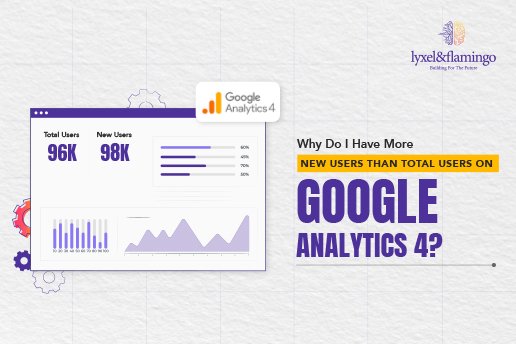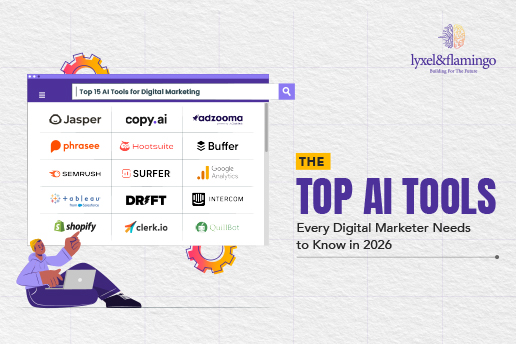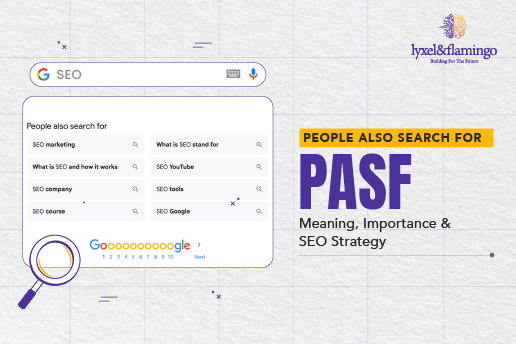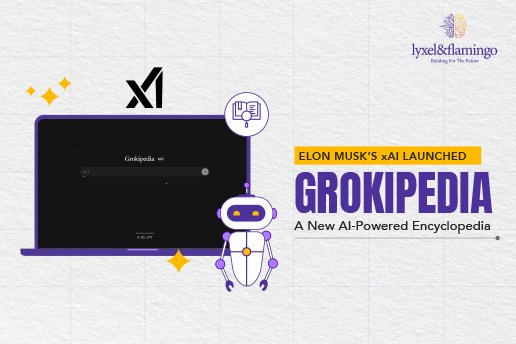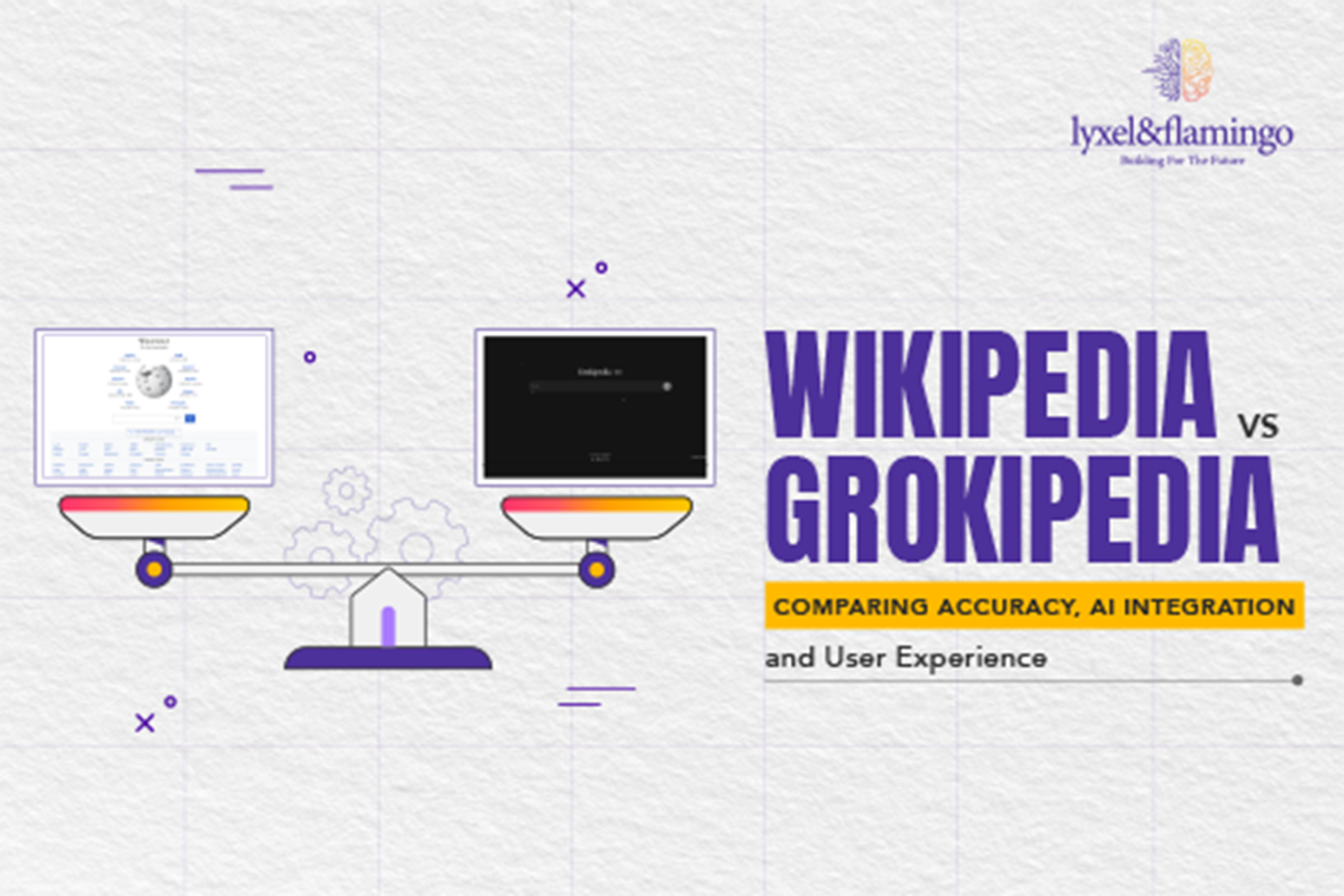Digital technology is changing every day, and businesses need to keep up with the changes to survive. With the use of voice searches and artificial intelligence, there is a change in the way we send and receive information over the Internet. Most of the users are using their voices to search for anything on the internet instead of typing. AI-enabled devices like Alexa, Siri, or Google Assistant identify and recognize voice searches. With voice searches and AI ruling the digital world, businesses need to adapt and align their SEO strategies accordingly. Now let’s understand in detail the voice search process and AI’s impact on SEO.
Voice search: how does it work?
With voice search techniques, a user can say the search keyword instead of typing them in the input box. Natural Language Processing (NLP) and Artificial Intelligence (AI) techniques are behind this unique approach to searching for information based on voice input. With the help of these techniques, virtual assistants can understand user inquiries and provide appropriate results. Millions of people are using it as it is easy (natural language), fast and accurate.
According to Juniper Research, the business of voice search will grow exponentially and reach $80 billion annually by 2023. Due to this shift, companies that do not adapt to this change in SEO strategies will lose many important clients.
Impact of SEO on AI and Voice Search
Talking about the impact of AI on SEO is enhanced keyword research and optimized content. It is now necessary to optimize content not for search engines but for people.
Here are some key impacts of SEO on AI and voice search:
Use of long tail keywords
Keywords have always played an essential role in SEO. They are still important, but with voice searching, there is more emphasis on the entire phrase. Even the same is true for AI, as the users never ask a word or two; it’s always a phrase. You need to use more long-tail keywords for writings blogs or any other website content. Most people ask questions in complete sentences, so make sure the keyword match what phrases people usually use. It will be good to have a long tail and conversational keywords.
Emphasize snippets of interest.
Nowadays, search engines have become the answer engines, as when you type a question or query, you will get the featured snippet in Google. Voice assistants usually will read out concise and direct answers to your inquiry, which are featured snippets. Here, SEO professionals should work on structuring their content in a way that is easily understandable by search engines and voice assistants. It includes using bullet points, numbering and tables in the content to give clear and concise answers to user queries.
Growing “Zero-Click” searches
With the adoption of voice assistants, there is a potential increase in zero-click searches. It means that the user gets direct answers to its questions at the top of Google SERP without the need to click and go to a website to find the answer. If you want your material to be helpful to the user on the internet, then you need to optimize your content for “Zero-Click” Searches.
Importance of local SEO
Usually, in voice search, people ask for information related to nearby businesses or get directions to the local area. It means that local search optimization is very crucial for voice search. Optimize your business for local SEO, which means updated Google My Business listings, accurate location of the company and using more location-specific keywords in your content.
Conversational Content Is King
Content is always the king, but with voice search and AI, conversational content holds importance. Most will type differently than the way they speak. The key is our content should be in line with how a person speaks. It holds good for an AI chatbot also. Our content needs to be more conversational to help the brand. If you write blogs or any other type of content, keep this in mind because it is most likely to be pulled by an AI device. It’s a matter of words, be creative in how you express yourself and your business.
Mobile Design is increasingly important.
Mobile design and speed continue to play a vital role even in voice search SEO. While you are looking Voice searches are mainly used on smartphones, tablets, and other mobile devices. Therefore, it is very crucial that your website is optimized for mobile search and is mobile-friendly. Use SEO best practices like mobile responsiveness, fast loading, and mobile-friendly layouts for your website content for a smooth user experience.
Speed still holds supreme power.
The faster you make the content, the easier it will be for people to find answers. Living in a digital world, where so much information is available everywhere, makes our attention span very short. You would never want to lose potential clients just because of the delayed and slow response of your website. Avoid complexity in the website and aim for a simple and optimized website. It will help to find the relevant content quickly and easily.
More question queries.
Most of the queries and searches using AI and voice search are in the form of a question, and this is a huge advantage. For example, when we say “Hey Siri”, the following statement will be a question. Your website and the keywords must be aligned to this format. You can use question keywords and question-based headings and optimize your content based on this.
Frequently Asked Questions (FAQs) are compelling.
FAQs are a beneficial tool in any content when it comes to AI and voice search. As AI and voice search is all about questions so, adding them to your website content will surely give you a benefit. Add as many questions as you want in the FAQ section of the content. Later optimize the important ones.
Use of AI to Personalize
AI can be used to personalize the user experience based on user behaviour and preferences. For example, the Spotify application will show customized playlists based on the listening habits of the user. AI is very powerful, and it can benefit SEO in many ways by optimizing websites based on user preferences and data. It can help in many ways, like analyzing the website, doing keyword research, auditing the website, and tracking its performance. This impact of AI on SEO is positive and provides a customized user experience and more relevant search results.
Voice Search and AI is transforming E-Commerce.
For e-commerce businesses, voice search and AI are beneficial. People mostly ask questions about their shopping-related queries on their devices to get the quick and correct help. If you optimize your website and shopping app as per voice search and AI, it’s easier for the customers to find your products and purchase them online. It will increase your profit margin. Hence, for voice-based shopping, you need to provide detailed product descriptions, use natural language in product titles, and offer a seamless checkout process for voice-driven shopping.
Wrapping Up
As we are moving into a digital age where strategies and technologies are changing every day, people are using AI-powered devices and voice search for most of their searches as it’s easy, accurate and fast. Voice search and AI have a significant impact on SEO practices and content. For your business to sustain itself in the internet world, you need to optimize your content based on AI and voice search. By using more conversational content in natural language, usage of snippets, long-tail keywords, structured text, efficient speed, FAQs section, local SEO and mobile optimization, you can increase the visibility and reach of your business. This results in a hassle-free voice search experience for users.
